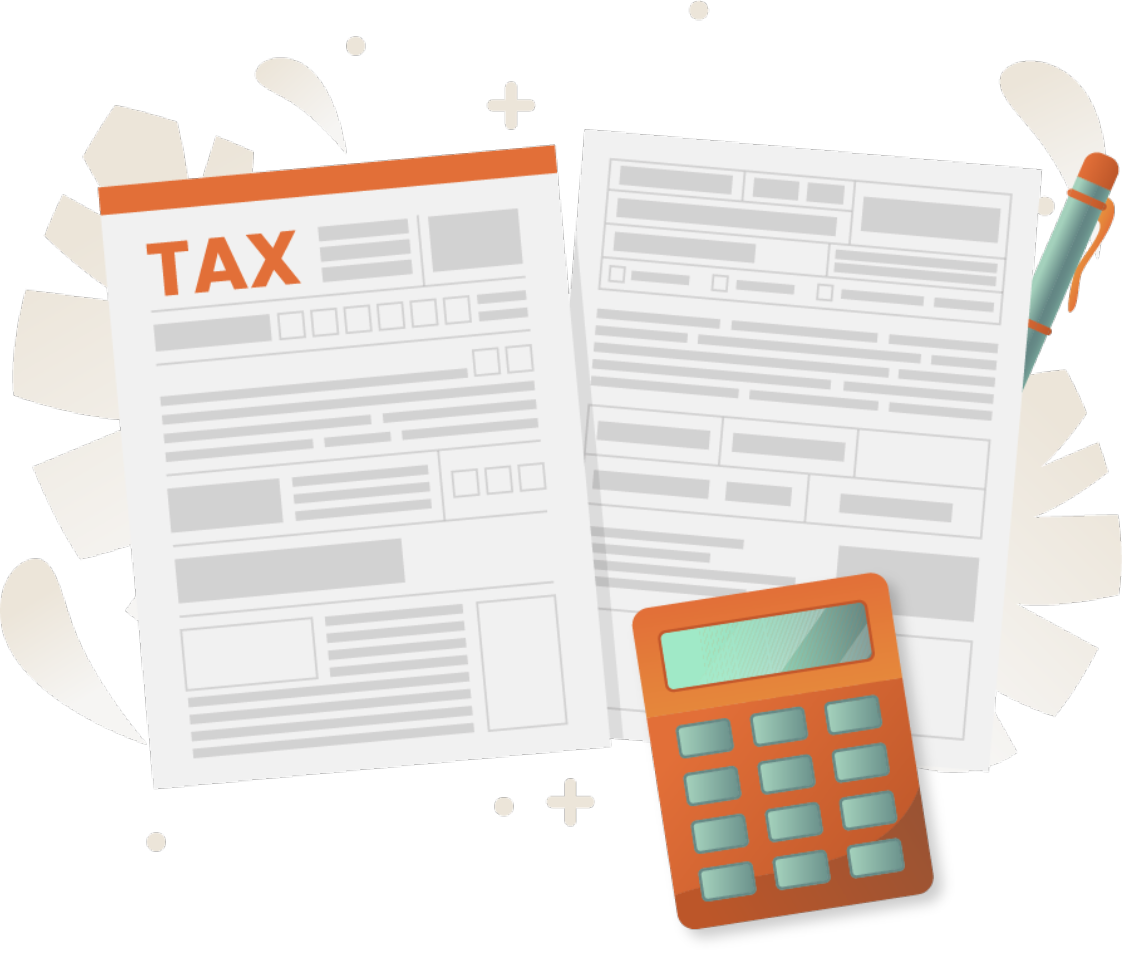Non-Profit Tax Preparation
Non-profit taxes can be complicated. Our experts make it easy.
Work with America’s leading virtual accounting firm on non-profit organization accounting services, including non-profit filing and non-profit bookkeeping.

Non-profit taxes can be complicated. Our experts make it easy.
Our expert CPAs are familiar with state and federal laws that affect non-profits.
We help maintain your tax-exempt status by ensuring your filings and books are up to date.


Form 990 is an IRS form used as the primary tool for gathering information about non-profits, educating organizations about tax law requirements, and promoting compliance. Organizations also use Form 990 to share information with the public about their programs.
Working with a professional CPA ensures your non-profit’s Form 990 is complete and correct, which avoids IRS penalties and confusion among prospective donors and the general public.
Organizations described in section 501(c)(3) are commonly referred to as charitable organizations. Organizations described in section 501(c)(3), other than testing for public safety organizations, are eligible to receive tax-deductible contributions in accordance with Code section 170.
Navigating the ins and outs of Form 1023 can be complicated if you’re not working with a professional experienced in the non-profit space.

Schedule a call whenever you have a question or need advice on how to file non-profit taxes, strategy and financial management, or anything related to your non-profit accounting needs.
The general equation used to calculate a non-profit balance sheet, called a Statement of Financial Position, is “liabilities + net assets = assets.” While it may seem simple, it’s recommended that you work with a tax professional familiar with navigating financial reporting in the non-profit space.
For nonprofits it is not called a balance sheet, it’s called a Statement of Financial Position. It’s similar to a balance sheet, but the name is different.
A non-profit organization can earn income, but the profits must not benefit private individuals internally, unlike a for-profit organization.
Non-profit tax returns are due May 15th each year unless that due date falls on a weekend. The modified date usually falls on the Monday after.
If you’re non-profit used contract workers or vendors to work for your organization during the year, you must submit a Form 1099 to the IRS. If you have not utilized these services during the year, you do not need to submit a Form 1099.

Get the most out of your non-profit organization by working with the professionals at 1-800Accountant. All it takes is a quick call to get started!
for tax tips, insights, and more, curated to help your business grow.